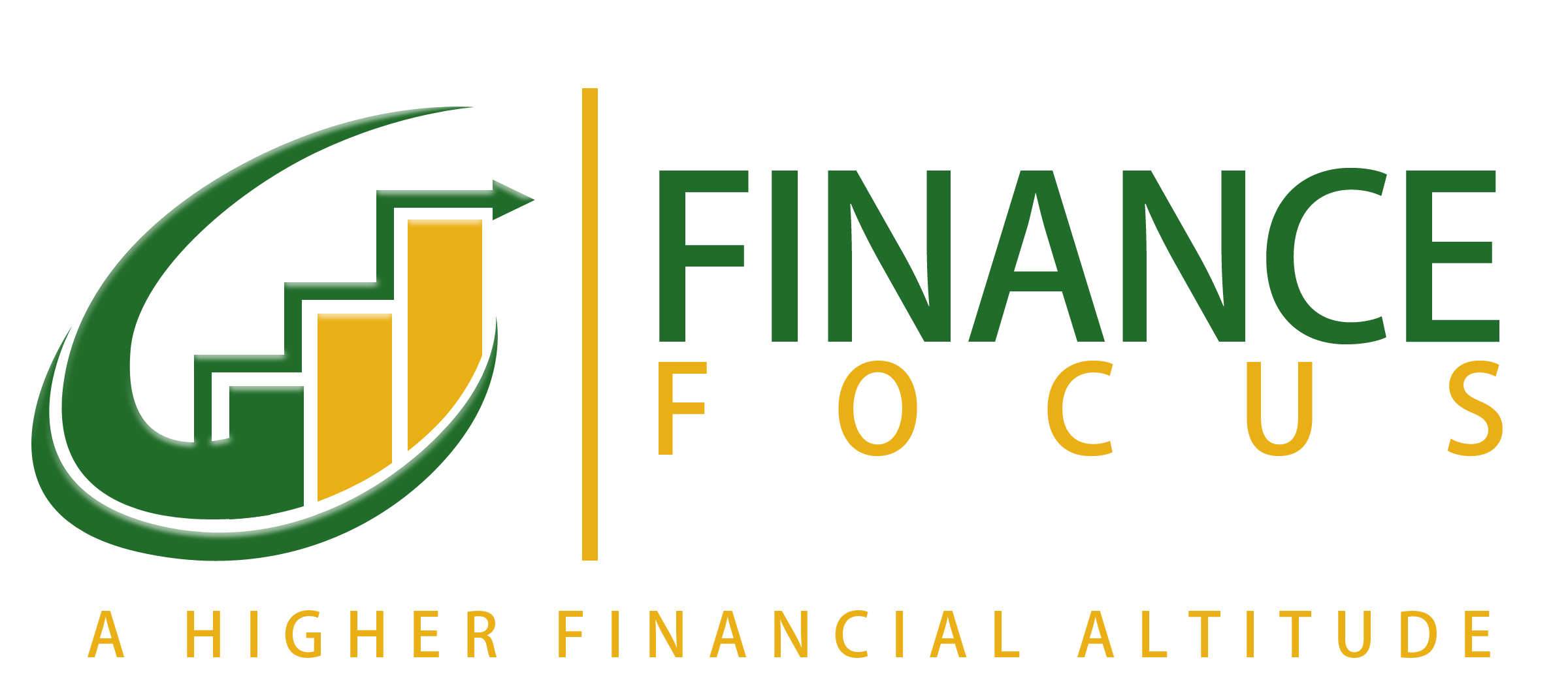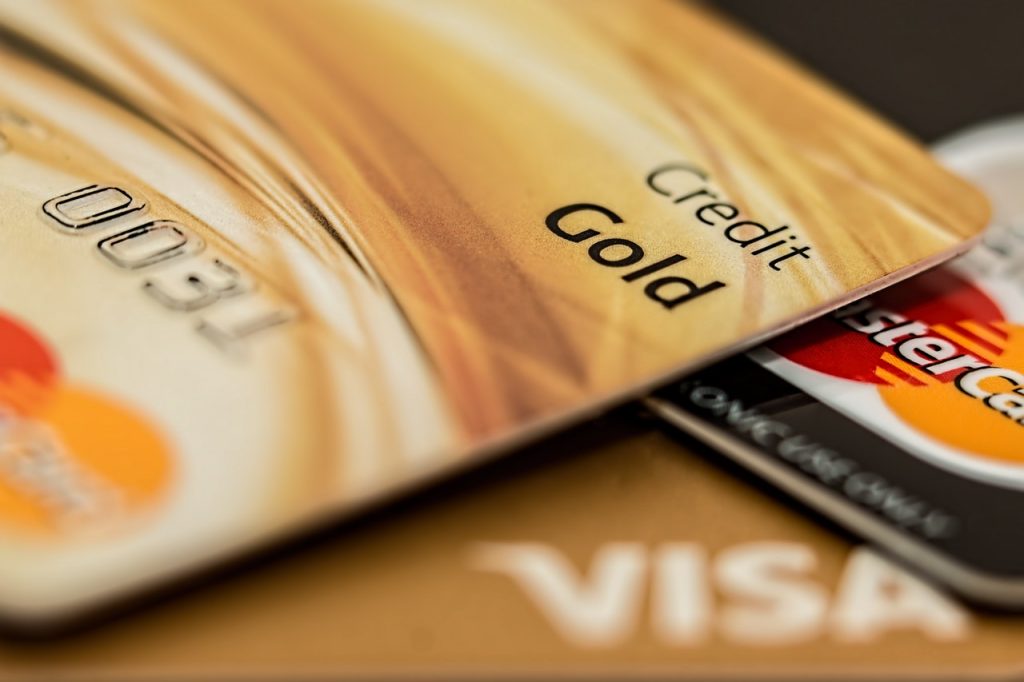
It was the year 2007, my first Christmas as an employed millennial. Do you know what I thought that meant? A “FAT” bank account and access to Christmas sales. Little did I know that the word “FAT” was relative and the end result of Christmas sales would be Sprite soda and crackers lunches in the month of January.
They say hindsight is 20/20 and I surely did not have much about money. In my early youth, I had poor money management skills. As an adult, I’m grateful for some of the decisions I made, but I wish I knew and did more sooner.
Wouldn’t it be nice if we could go back and tell our younger selves what to do and how to spend our money? Would I listen to my older self? Probably not. But if I could, here are six (6) financial lessons I would have shared with my younger self.
1. Look after your health
2. Have a budget
3. Save as much as possible, especially for emergencies.
In September 2017, I saw the true value of having a saving pot when Hurricane Maria ravaged my country. My pot was large enough to assist my family cope with the uncertainties of the future. Sometimes life can take an unexpected turn, but having savings can help handle stressful situations.
4. Invest in your future
5. Keep debt manageable and ALWAYS pay it off
It should be noted that other debt for personal development and entrepreneurship, though beneficial, must also be managed. If you want to keep debt under control, spend within your means, and pay it on time.
6. Delay Gratification
It’s easy to identify if you are overspending. Signs are having loads of credit card debt or having little to no savings. If you want to avoid living from paycheck to paycheck, save, invest and keep debt low then learn the art of delaying gratification and never spend more than what you earn.
About the Author
